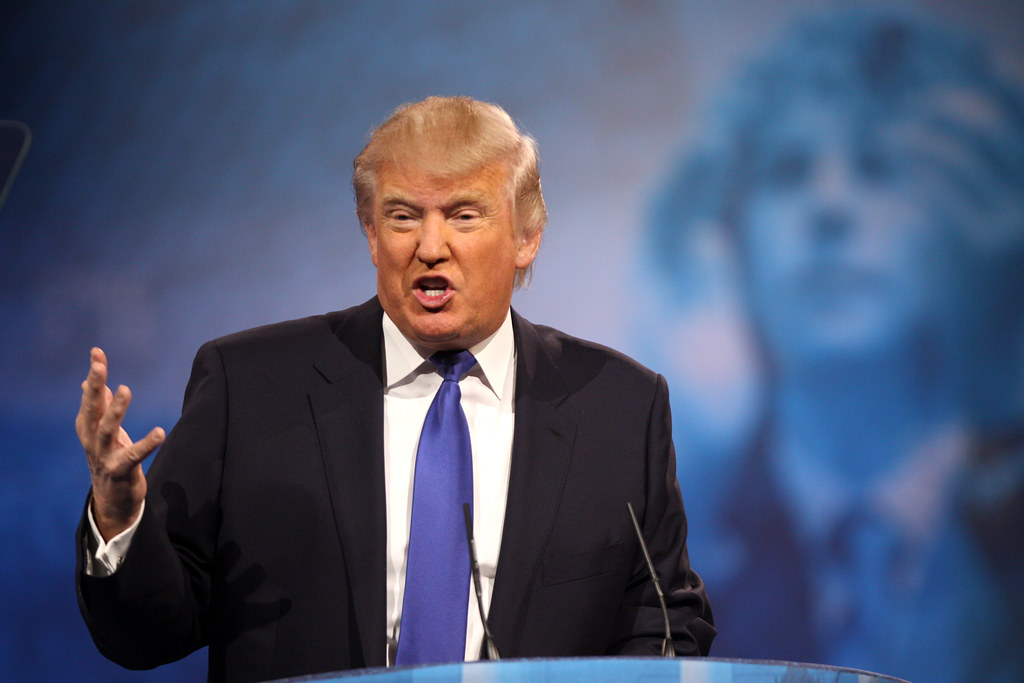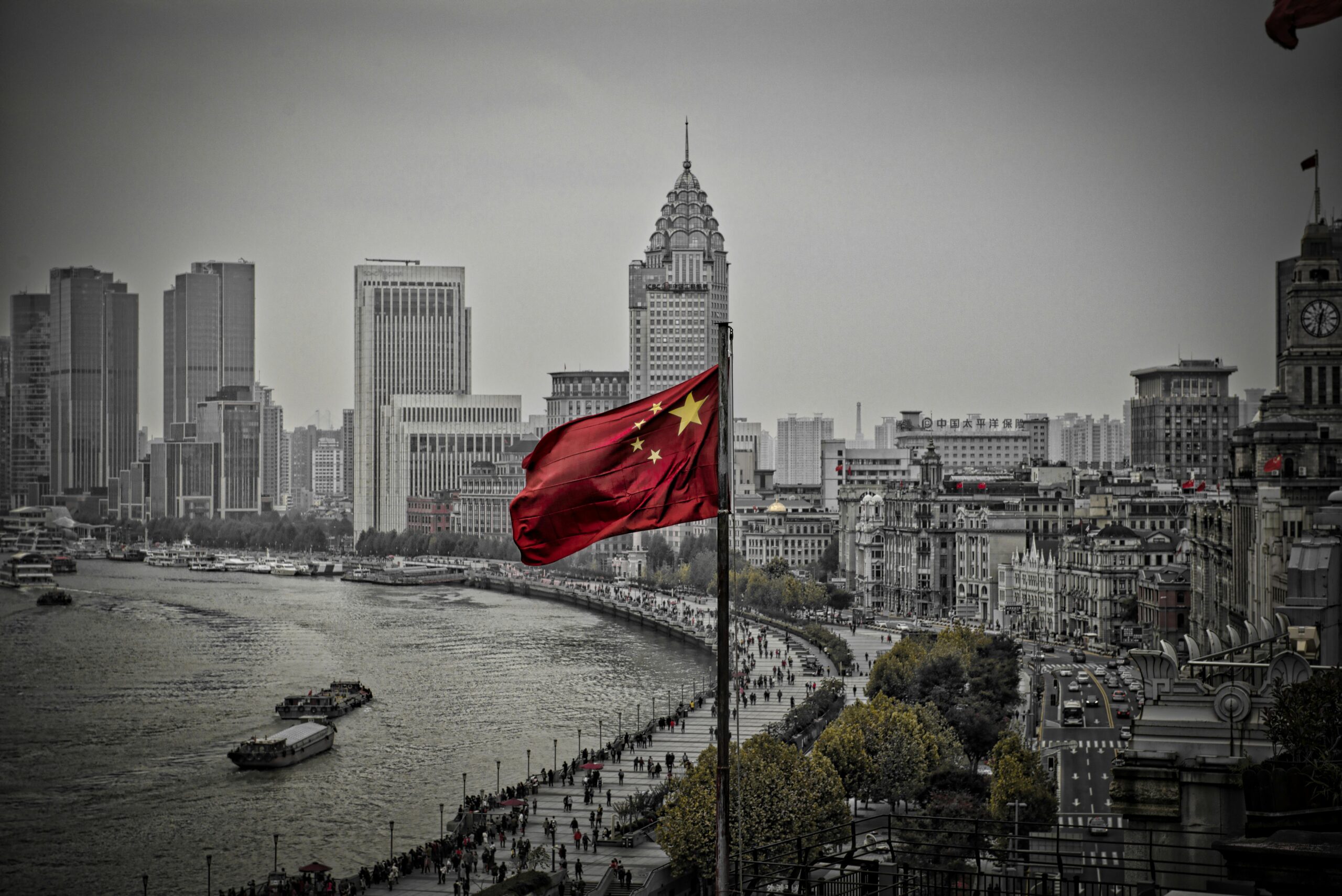Recently, China-based startup Sand AI released its new video-generating artificial intelligence model Magi-1. This cutting-edge model goes a step further by “autoregressively” predicting sequences of frames, giving it the ability to generate videos from user prompts. Magi-1 is a behemoth at 24 billion parameters. To run at full effect, it requires a huge amount of computing power, running on four to eight Nvidia H100 GPUs.
Even though Magi-1 is ambitious, its demands quickly prove impractical for most consumer hardware. As a result, access to the model’s deployment could be restricted in practice to the organizations that can afford sophisticated computing infrastructure. This limitation begs the question of accessibility for granular users and small private sector companies.
Magi-1’s Impact on the Tech Community
Magi-1 largely succeeded in grabbing the imagination of the tech community. Entrepreneurs, such as Kai-Fu Lee, the founding director of Microsoft Research Asia, have lauded its cutting-edge features. The model boasts innovative technology that’s brought in a whole lot of fanfare. People are equally wowed by its capacity as they are by its rigorous content moderation practices. Sand AI has deployed heavy-handed measures that prevent the upload of politically sensitive images. These limits especially focus on content showing Xi Jinping and the Tiananmen Square protests, even the iconic Tank Man. They further ban any imagery including the Taiwanese flag and other insignia supporting the independence of Hong Kong.
These measures align with a broader context of censorship in China, where new regulations introduced in 2023 prohibit models from generating content that could “damage the unity of the country and social harmony.” Magi-1 and other models being developed by Chinese commercial enterprises could directly suppress political speech. They tend to choose imagery that authorities find politically sensitive or objectionable.
Yet American models generally have strict filters to prevent the production of nonconsensual nudity. According to reports, most Chinese models—including perhaps Magi-1—do not include these critical protections. This gap presents an ethical challenge with regards to content generation standards and individuals’ rights protections on a globally disparate scale.
As technology continues to advance at breakneck speed, the impacts of deploying advanced AI such as Magi-1 goes far beyond just technical capabilities. The balance between innovation and adhering to regulatory frameworks will likely remain a critical discussion point within the tech community and beyond.
What The Author Thinks
While Magi-1’s innovative technology offers impressive capabilities, the ethical and regulatory concerns it raises cannot be overlooked. The model’s content moderation practices reflect a deeper issue with censorship, particularly in the context of political suppression. Additionally, the lack of critical protections that are present in Western AI models, such as safeguards against nonconsensual content, highlights a growing disparity in global standards. As AI models continue to evolve, finding a balance between technological innovation and the preservation of individual rights will be essential for their responsible deployment.










